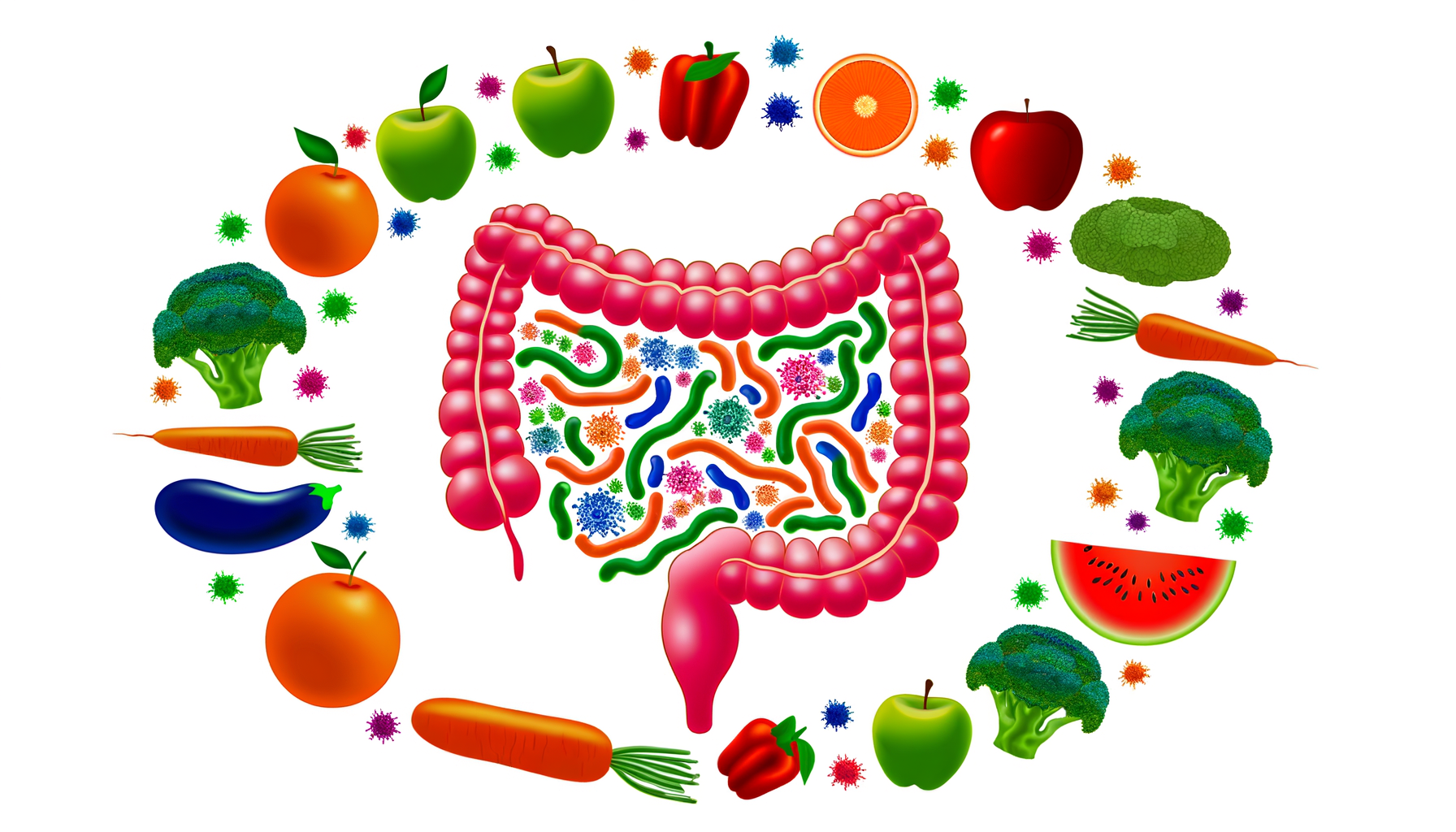The Interconnected World of Calories and Gut Health
When it comes to maintaining a healthy weight and overall well-being, the role of the gut microbiome is increasingly recognized as crucial. The gut microbiome, a complex ecosystem of microorganisms residing in the gastrointestinal tract, influences various aspects of our health, including nutrient absorption, energy balance, and even our metabolic health. In this article, we will explore how Calorie Calculator Cloud can support gut microbiome health through informed calorie management and microbiome-friendly dietary choices.
Understanding the Gut Microbiome and Energy Balance
Research has shown that the gut microbiota plays a significant role in energy balance and nutrient absorption. Studies have indicated that alterations in the gut microbial community structure can affect how efficiently the body harvests energy from food. For instance, a study published in the National Institutes of Health found that changes in the nutrient load can rapidly alter the gut microbiota, with a 20% increase in Firmicutes and a corresponding decrease in Bacteroidetes associated with an increased energy harvest of approximately 150 kcal in lean individuals.
The Impact of Caloric Intake on Gut Microbiota
Caloric restriction has been shown to significantly impact the gut microbiome. A study involving germ-free mice colonized with the gut microbiota from an obese female before and after an 8-week very-low-calorie diet demonstrated that caloric restriction can reshape the gut microbiome, leading to higher alpha diversity and restructuring of the microbial community. This restructuring was associated with improved metabolic health and a potential delay in immune senescence.
Microbiome-Friendly Diets and Calorie Absorption
A microbiome-friendly diet, rich in fiber and whole foods, can significantly influence calorie absorption and overall energy balance. A controlled feeding study conducted by AdventHealth found that participants on a high-fiber, whole-food diet (the “microbiome enhancer diet”) absorbed fewer calories compared to those on a traditional Western diet. This resulted in an average daily calorie loss of 217 calories, which is crucial for weight loss and maintaining a healthy weight.
Using Calorie Calculator Cloud for Informed Dietary Choices
Calorie Calculator Cloud can be a powerful tool in supporting gut microbiome health by helping users make informed dietary choices. Here are a few ways this tool can be beneficial:
– **Personalized Calorie Plans**: By providing personalized calorie plans based on individual needs, Calorie Calculator Cloud helps users manage their caloric intake effectively. This can be particularly useful when following a microbiome-friendly diet, as it ensures that the calorie intake is balanced and supports the health of the gut microbiome.
– **Nutrient Balance**: The tool can help users balance their nutrient intake, ensuring they consume the right amount of fiber, proteins, and other essential nutrients. A balanced diet is crucial for maintaining a healthy gut microbiome.
– **Tracking Energy Balance**: By tracking energy intake, expenditure, and loss, users can better understand how their diet affects their overall energy balance. This is particularly important as studies have shown that the gut microbiota influences how efficiently the body harvests energy from food.
Carb-to-Fiber Ratio and Gut Health
The carb-to-fiber ratio is another critical factor in maintaining a healthy gut microbiome. A higher fiber content in the diet can slow the absorption of carbohydrates and provide substrates for the gut microbes to ferment, producing beneficial short-chain fatty acids like butyrate. Tools like the Carb-to-Fiber Ratio Calculator can help users choose foods with optimal carb-to-fiber ratios, supporting better gut health and overall metabolic well-being.
Real-World Examples and Case Studies
In real-world scenarios, the impact of a microbiome-friendly diet on gut health and calorie absorption is evident. For example, the AdventHealth study mentioned earlier demonstrated that a high-fiber diet resulted in significant reductions in calorie absorption and improvements in metabolic health markers, such as increased levels of hormones that promote satiety and higher circulating levels of short-chain fatty acids.
Conclusion and Next Steps
In conclusion, the health of the gut microbiome is intricately linked with calorie management and dietary choices. By using tools like Calorie Calculator Cloud and adopting a microbiome-friendly diet, individuals can better support their gut health and overall well-being.
For those looking to make a positive impact on their gut microbiome, here are some next steps:
– **Adopt a High-Fiber Diet**: Incorporate more whole foods and high-fiber diets into your meal plan to support the health of your gut microbiome.
– **Use Calorie Calculator Cloud**: Utilize Calorie Calculator Plans to manage your calorie intake and ensure you are getting the right balance of nutrients.
– **Monitor Your Energy Balance**: Track your energy intake, expenditure, and loss to understand how your diet affects your overall energy balance.
By taking these steps, you can empower yourself to make healthier choices that support both your gut health and your overall well-being.








